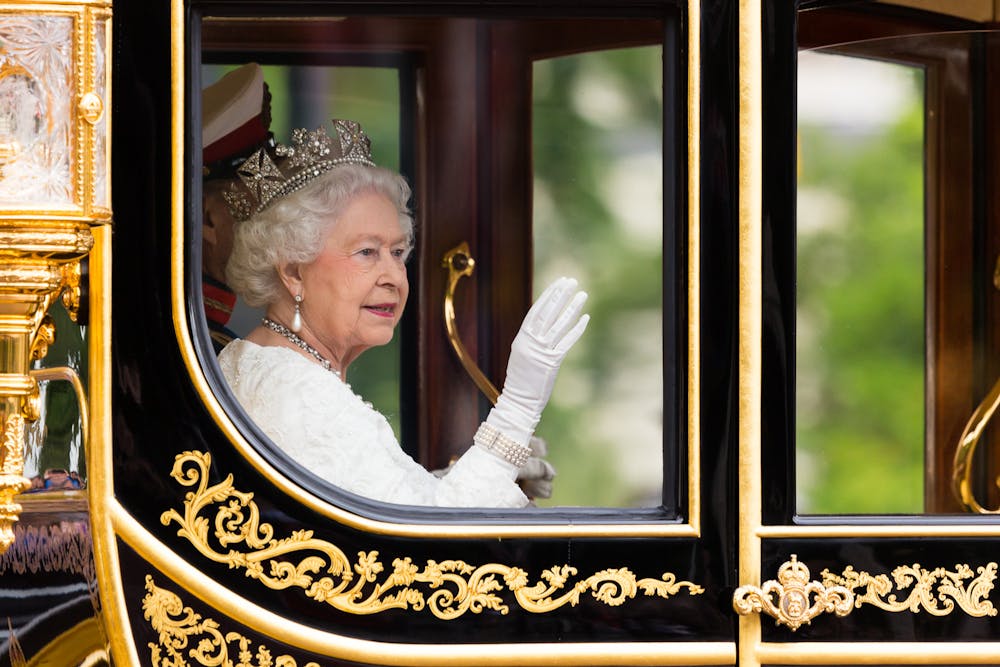On the afternoon of September 8, while resting peacefully at her Scottish estate, Queen Elizabeth II passed away. She lived a long life of 96 years and reigned over the United Kingdom and other Commonwealth realms for 70 years.
Throughout the United States, there has been a myriad of responses to her passing. However, some of Mercer’s students who have spent time studying in England feel they have more personal connections to the Queen and her death.
Kristen Clark '24, a cybersecurity and psychology student, studied at the University of Chichester in Chichester, England last spring semester.
"I was getting ready to head to class when I heard the official news (of the Queen's death), but I had been hearing rumors about the possibility of it all morning from my friends still in England," she said.
Clark says she was shocked when she heard the news, especially since she was "just over in England around the time of her Platinum Jubilee."
"It's really just crazy to think that the time I spent abroad was so close to such a historical moment," she said.
Thomas Anthony Neely ‘24, BBA in marketing and creative writing, spent last spring semester studying at the University of Essex in Colchester, England.
“I think it will be interesting and anything is possible because there's also a Republican movement in the United Kingdom I heard about while (I was) there to do away with the royal family entirely," he said.
Neely mentions that according to the people he has stayed in contact with from England, people tend to dislike King Charles III more than they disliked Elizabeth II.
“Under Elizabeth, there was a fondness for her and focus on the head of ceremony and charities and philanthropy," he said. "But if Charles is less liked, the movement to dissolve the monarchy entirely might gain more ground. We're at a unique crossroads in history where everything will either come crashing down around us or the status quo (will be) maintained."
The death of Queen Elizabeth II signifies a shift in today's world, as most people alive today will get to experience having a King of England for the first time. Many have adored her and are mourning the death of the Queen that has been reigning for longer than they have been alive.
Others want everyone to keep in mind the negative effects of the monarchy and British colonialism on marginalized groups and countries.
For example, it is estimated that between 1765-1938, Britain robbed India of $45 trillion, and between 1757-1947, it is estimated that 1.8 billion Indians died avoidably from egregious deprivation under the British.
Mercer students that have studied in England are recognizing both points of view and are eager to see how England adapts to having a king for the first time in 70 years.





